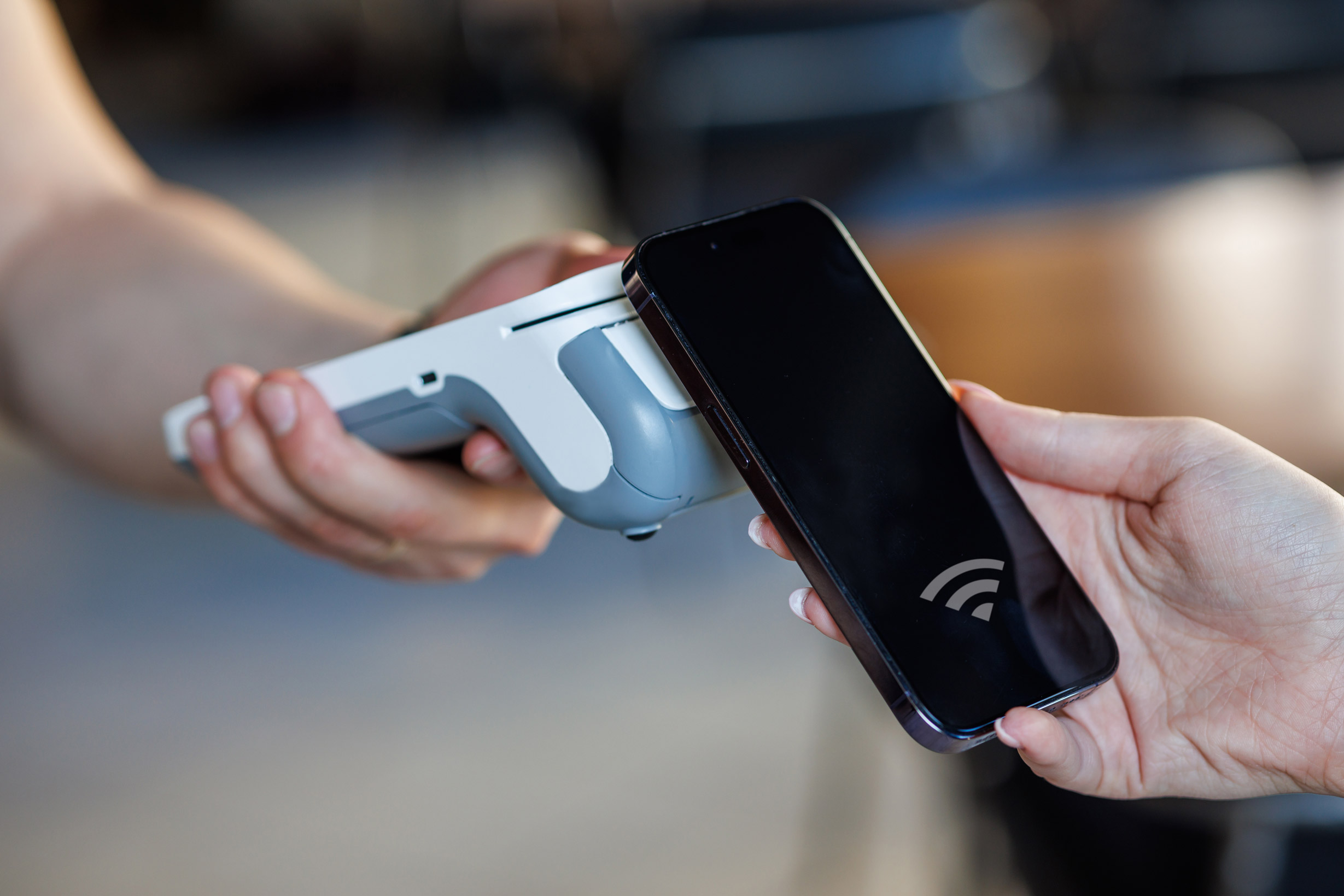Behind the scenes at ICS-digital, we’ve been working on something pretty special. The average person has 7.6 social media accounts, so it’s a pretty fair guess to assume everyone (important) uses social media. Everyone voices opinions in real time and with the added protection of a computer screen, people can tell you exactly what they think.
So, now on to the exciting bit. We’ve been developing our own data analysis tool at ICS-digital HQ, capable of delving deep into the Twittersphere to analyse the way in which people behave on social media. Our algorithm can explore topics and keywords in multiple languages, and can uncover how people are talking about said topic online, whether this happens to be positive, negative, or something in-between. It can look at the volume of things that are being discussed, the times people are talking about it, and where in the world they are.
To test out our shiny new toy, we looked towards Twitter during the recent Eurovision contest to see what our handy analysis tool was capable of telling us. We just looked at the UK and compared how people spoke about the contest online compared to the actual votes submitted.

Let’s get to the numbers: people in the UK voted the most for Lithuania, but Lithuania had a fairly low social sentiment score compared to other nations. On the other hand, Australia had a relatively low number of votes from the UK but one of the highest sentiment scores of the whole competition, and a really high volume of chat during their performance. Ireland was one of the only countries that had a similar sentiment score to Eurovision points received, albeit neither of those were very high. Germany got the audience talking the most on social media, securing the most mentions on Twitter during their performance. However, this wasn’t mirrored in their sentiment score, showing that even though they had a high volume of mentions, these perhaps weren’t overly positive.

So, what does this all mean?
There seems to us to be one clear outcome. It seems fair to say that the more serious, die-hard Eurovision fans vote and view in a serious, rather restrictive manner, rather than choosing to air their opinions on social media. Perhaps there is an age divide here.
The more casual viewer, meanwhile, tends to prefer the informality and the “gossip” surrounding the competition, and so are more prone to taking to social media to let their opinions be known. It is the first group that seems likelier to actually pick up the phone to vote, rather than to pick holes, make fun, fall in love with the outfits, and take digs at costumes.
For example, Australia had an exceptionally strong sentiment score but received just one Eurovision point from the UK for their performance, one of the lowest for the final. People took to Twitter to share their enjoyment of the performance; they just didn’t pick up the phone. There are roughly 130,000 Aussies living in the UK, but they still received a low amount of votes, perhaps showing which way the Australians fall on the serious versus informal approach to Eurovision.
To cut a long story short, from just a quick analysis using our sentiment analysis tool, we can safely come to the conclusion that younger audiences use the event as a social activity. In short, it all revolves around fun. For those viewers for whom Eurovision is more deeply and historically ingrained, social is far less of a concern; these individuals vote heavily because they perceive it as giving credence to a country’s talent. Either way, we'll see you at the same time, different place next year.
Feel free to drop us a line if you want to learn more about our Sentiment Analysis tool and what it can do.
Similar Posts











